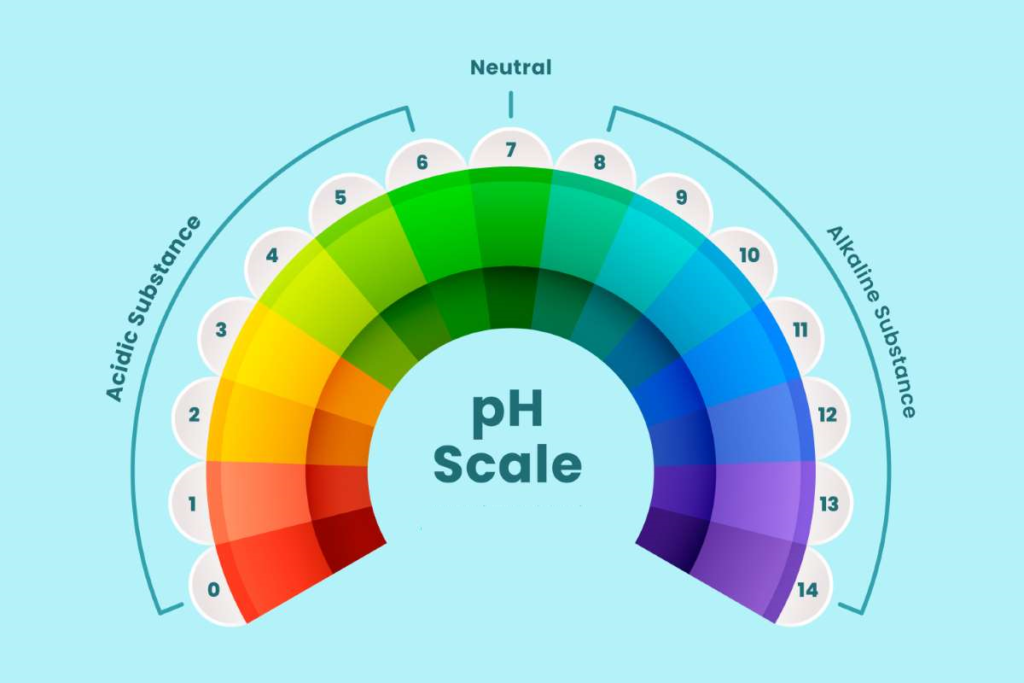Taxes Tips for Better Pool Service Billing
Taxes can be a daunting aspect of running a pool service business, but understanding how to handle them effectively can lead to greater financial stability and increased profitability. In this blog post, we will explore various tax tips specifically tailored for pool service professionals. From managing billing practices to ensuring compliance, we will cover everything you need to know to streamline your financial processes and improve your overall business efficiency.
As a pool service provider, your primary focus is on delivering excellent service to your clients. However, overlooking the financial side of your business can lead to costly mistakes. With the right strategies in place, you can simplify your billing process, ensure accurate tax reporting, and maintain a healthy cash flow. In this article, we will delve into practical tax tips for better pool service billing, enhancing your bottom line while keeping you compliant with tax regulations.
Understanding Tax Obligations in the Pool Service Industry
To effectively manage your pool service billing, it’s crucial to understand your tax obligations. Different states have varying regulations regarding sales tax, business licenses, and income tax. By familiarizing yourself with these requirements, you can avoid penalties and streamline your billing practices. For instance, many states require service-based businesses, including pool services, to collect sales tax on certain products and services.
It’s also essential to keep track of any deductions available to your business. Common deductions for pool service professionals include expenses for equipment, maintenance supplies, and even your vehicle if it’s used for business purposes. By categorizing these expenses accurately in your billing software, you can simplify your tax reporting and maximize your deductions. This leads to better financial outcomes and a more organized approach to your business finances.
Utilizing Pool Biller Software to Manage Taxes
One of the most effective ways to improve your pool service billing practices is by leveraging dedicated billing software like EZ Pool Biller. This software is designed specifically for pool service businesses, offering features that simplify invoicing, expense tracking, and tax calculations. By using automated billing systems, you can reduce human error and ensure that your invoices are accurate.
Furthermore, EZ Pool Biller allows you to generate reports that help analyze your business performance. With detailed financial reports, you can easily identify your taxable income and the expenses that can be deducted. This not only saves time during tax season but also provides valuable insights into your business’s financial health throughout the year.
Incorporating Best Practices for Accurate Invoicing
Accurate invoicing is a cornerstone of effective pool service billing, especially when it comes to taxes. Each invoice should clearly break down the services rendered, including labor, materials, and any applicable taxes. This transparency not only keeps your clients informed but also simplifies the process when it comes time to file taxes. Ensure that your invoices have a line item for sales tax, as this will help you track what you owe to the state.
Moreover, consider implementing a system for tracking your invoicing history. Keeping records of all invoices sent, payments received, and outstanding balances can help you manage your cash flow effectively. This practice not only aids in tax preparation but also allows you to address any discrepancies before they become larger issues.
Establishing a Record-Keeping System
A solid record-keeping system is vital for any pool service business, especially for tax purposes. Maintain meticulous records of your income and expenses to ensure that you can substantiate your claims if audited. You can utilize accounting tools or software to manage these records efficiently.
In addition to tracking invoices, consider documenting all business-related expenses, including receipts for equipment purchases, vehicle maintenance, and employee wages. By having organized records, you can simplify the process of preparing your tax returns, ensuring that you claim all eligible deductions and pay your taxes accurately.
Educating Yourself on Tax Deductions
Understanding which tax deductions apply to your pool service business can significantly reduce your tax liability. For instance, expenses related to pool cleaning supplies, chemical treatments, and maintenance equipment are typically deductible. Additionally, if you operate your business from home, you may qualify for home office deductions.
Consulting with a tax professional can provide tailored advice based on your specific business situation. They can help identify potential deductions you may have overlooked and ensure that your billing practices align with tax regulations. This proactive approach can lead to substantial savings, allowing you to reinvest in your business.
Implementing Seasonal Billing Strategies
For many pool service businesses, seasonality can be a considerable factor in cash flow management. Implementing seasonal billing strategies can help maintain a steady income throughout the off-season. For example, consider offering maintenance packages that include services during the winter months.
By establishing recurring billing plans, you can ensure that you have predictable income, even when demand is low. Clients appreciate the convenience of automated payments, and you benefit from consistent cash flow. This is where tools like EZ Pool Biller come into play, allowing you to manage recurring invoices seamlessly.
Adapting to Changes in Tax Regulations
The tax landscape is constantly evolving, and it’s essential to stay updated on any changes that could impact your pool service business. Tax codes can change at both federal and state levels, affecting how you bill clients and report income. Regularly reviewing tax regulations relevant to your industry will help you adapt your billing practices accordingly.
Consider subscribing to industry newsletters, attending workshops, or joining local business associations to stay informed about tax changes. This proactive approach ensures that you can adjust your billing and tax strategies promptly, minimizing the risk of compliance issues and penalties.
Conclusion
In conclusion, navigating the complexities of tax obligations is crucial for pool service businesses looking to enhance their billing practices. By understanding your tax responsibilities, utilizing effective software solutions like EZ Pool Biller, and implementing best practices for invoicing and record-keeping, you can streamline your financial processes.
Ultimately, staying informed about tax deductions and adapting to regulatory changes will empower you to maximize your profitability while ensuring compliance. Take control of your billing and tax strategy today, and watch your pool service business flourish!




